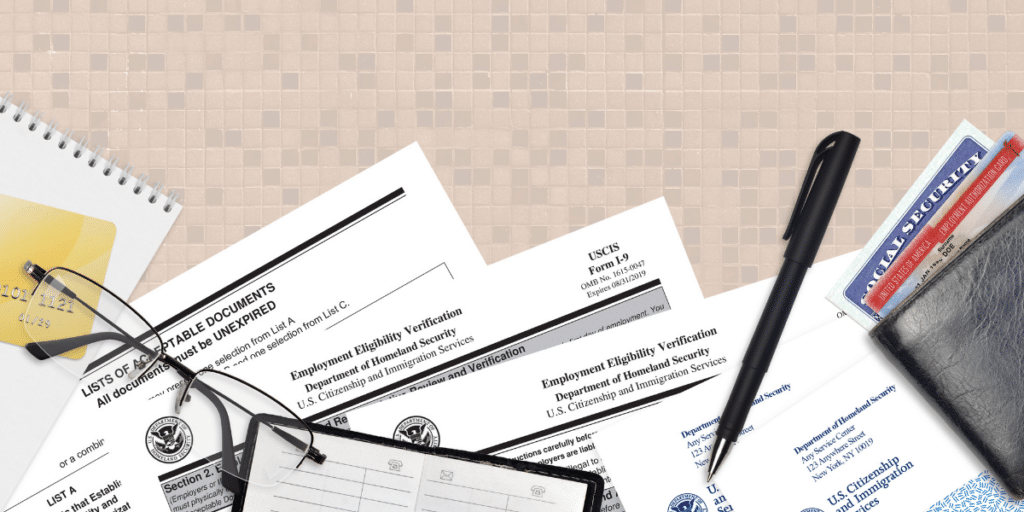In Divorce, Explained, there were 5 typical claims discussed: (1) child custody; (2) child support; (3) spousal support (e.g., postseparation support and alimony); (4) equitable distribution (i.e., distribution of marital assets and debts); and then (5) divorce. Here, child custody basics will be addressed along with mediation and attorney’s fees related to custody.
TYPES OF CUSTODY IN NORTH CAROLINA
In North Carolina, there are two types of custody: legal custody and physical custody.
Legal Custody
Legal custody generally refers to the right and responsibility to make decisions with important and long-term implications for a child’s best interest and welfare.
Physical Custody
Physical custody generally means the right to have the child in your physical care.
How do courts determine custody?
In determining custody, the Court decides what will best promote the interest and welfare of the children.
The Court is vested with broad discretion in deciding what is in the best interest of the child and must consider all relevant factors, and then choose the environment that will best encourage full development of the child’s physical, mental, emotional, moral, and physical faculties. However, between parents, there is no presumption as to who will better promote the interest and welfare of the child.
Sole Vs. Joint Custody in North Carolina
The Court may grant joint or sole custody to one or both parents. An Order for custody of a minor child may provide for visitation rights by electronic communication. Electronic communication with a minor child may be used to supplement visitation with the child but may not be used as a replacement or substitution for custody or visitation. An Order for custody of a minor child may also provide visitation rights for any grandparent of the child as the Court, in its discretion, deems appropriate.
MEDIATING CHILD CUSTODY CASES
In an action involving child custody, parties are required to attend mediation to resolve issues of custody and visitation before (or concurrent with) the setting of the matter for hearing, unless the Court waives mediation for good cause.
What is a Good Cause Waiver?
Good cause may include, but is not limited to: a showing of undue hardship to a party; an agreement between the parties for voluntary mediation, subject to Court approval; allegations of abuse or neglect of the minor child; allegations of alcoholism, drug abuse, or domestic violence between the parents in common; or allegations of severe psychological, psychiatric, or emotional problems; or a showing by either party that the party resides more than fifty miles from the Court.
What happens after mediation proceedings?
Mediation proceedings shall be held in private and shall be confidential. Any agreement reached by the parties as a result of the mediation is reduced to writing, signed by each party, and submitted to the Court as soon as practicable.
Unless the Court finds good reason not to, it incorporates the agreement in a Court Order, and it becomes enforceable. If some or all of the issues as to custody or visitation are not resolved by mediation, the mediator shall report that to the Court.
Entitlement to Attorney’s Fees
Also, in an action or proceeding for the custody or support of a minor child, the Court may in its discretion order payment of reasonable attorney’s fees to an interested party acting in good faith who has insufficient means to defray the expense of the suit.
A party satisfies the element of good faith by demonstrating that he or she seeks custody in a genuine dispute with the other party.
A party has insufficient means to defray the expense of the suit when he or she is unable to employ adequate counsel in order to proceed as a litigant to meet the other spouse as litigant in the suit.
There is no requirement that a party win their case to be entitled to attorney’s fees.
Navigating the nuances of child custody with Dozier Miller
While these are the Child Custody Basics, each custody matter is unique and nuanced. If you are contemplating pursuing custody of your child, seeking the guidance of someone well-versed in the process—a family law attorney—is important.
While attorneys do not have a crystal ball to predict the future, at Dozier Miller Law Group, we have decades of experience in family law. Contact a member of our family law team today and schedule your initial consultation.

CATEGORIES
Contact an Attorney
Our attorney offer specialized guidance and representation in a variety of practice areas.

REMEMBER: Always speak with your own attorney
This information is provided for informational purposes only; it is not offered as and does not constitute legal advice.
More Insights and Resources
Learn more about what to expect when facing a family law dispute in Charlotte, North Carolina from Family Law attorneys at Dozier Miller Law Group
Protect What Matters Most: Estate Planning for Every Stage of Life
Thinking about the future doesn’t always come naturally. Many of us get caught up in the day-to-day,…
Will a Separation Protect Me Financially?
Separation is never easy, especially when financial questions start piling up. Can you protect your savings? Will…
Practical Custody Arrangements for Families
Trying to figure out custody arrangements? You’ve probably come across terms like joint custody, primary custody, and…
Future-Proof Your Business Against Form I-9 Changes
Running a business is no small feat. Between managing your team, keeping customers happy, and planning for…
When Do You Need an Attorney for a Breach of Contract Case?
Contracts are the backbone of any good business relationship. They bring clarity, set expectations, and hold everyone…
Navigating Immigration Changes and Their Impact on Employment Law
No matter the size of your business, immigration law affects your ability to hire and retain the…
LGBTQ Families and Stepparent Adoption: What You Need to Know in North Carolina
As a family law attorney in North Carolina, I’ve seen many parents assume that their legal status…
What to Do When You Get a Bad Google Review
If you’re a Charlotte business owner, you know just how important your online reputation is. Around 98%…
Managing Your Immigration Status in 2025
The 2024 election brought significant shifts to U.S. immigration policy, many of which have already begun reshaping…
Plan Now for Summer Child Custody Arrangements
It might not feel like it, but summer break will be here before you know it. For…










